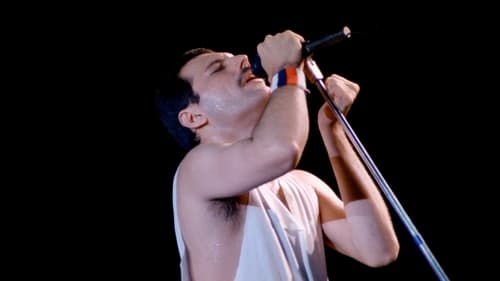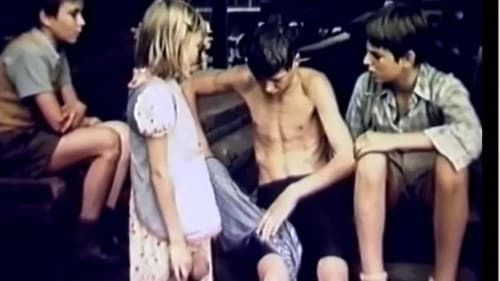
Director of Photography
Enikős and Dorkas marriage is unbearable. Hysterical, cruel and humiliating scenes are enacted in front of the childrens eyes, while the childless Barbara is held by her husband, the painter, to be a toy and sometimes a painting screen.

Camera Operator
1991, farewell in Budapest. Mária remembers the past in tears. Her husband, Tibor, a chemist and a target of the KGB, left their apartment one evening to fetch some cigarettes only to be found drowned in the shallow Lake Balaton the following day. Their son, Peter, a student in Western-Europe, was found dead on the Danube embankment.

Camera Operator
On 27th July 1986, British stadium rock band Queen broke new ground by playing for the first time in Hungary, a country which was still under a communist dictatorship behind the Iron Curtain.

Cinematography
1934, Germany. The ten-year-old Peter lives in a small town with his parents. His father, an underground Communist, is arrested. In the summer vacation the kids from the neighbourhood fight in two teams, which prevail in turns. One team, led by Ewald, imitates the Nazis, while the other, headed by Fritz, follows his Communist father's example.

Cinematography
One day Novák Erzsébet kindergarten-teacher destroys her papers, cuts her hair and closes her mouth forever. She prepares for suicide namelessly, then somewhere around Normafa she accepts being taken into an asylum.

Director of Photography
The loving couple of this grotesque parable parody of the Kádár-regime, Mária and István row to an uninhabited, idyllic island. Soon crazy tent-pitchers swarm to the island, led by an official representative of the regime.

Director of Photography
Shot in 1972, this remarkable documentary was released ten years later and had its first Western film festival screenings last year. "Gyula Gazdag is an outstanding Hungarian talent who seems to specialize in getting into trouble. This film, which he made with Judit Ember, another alert and sensitive director, was banned for ten years. In it, a rural community is in financial trouble and an expert from Budapest is sent to advise and reorganize. He is successful but his manner angers the local committee. Despite their own management failure, they feel his arrogance should be the subject of a reprimand at least. The story is more than just true: so sure was the community of its cause that Gazdag and Ember were invited to film the actual debate, and the reality makes us protagonists in the case. It is a situation that could happen anywhere but seldom has such a subject been treated in so absorbing and striking a way.

Director of Photography
SELECTION documents a KISZ (Hungarian Young Communist League) chapter at an oil refinery that is interested in hiring a musical act as entertainment for young workers. The documentary shows the group discussing their criteria for the band, as well as their interviews with the individual bands. It is quickly apparent that the group isn’t interested in any sort of musical talent or the potential audiences’ interest. Rather, they are focused on ideological or moral issues that may be perceived as negative, such as groupies or outfits that are seen as too trendy. They settle on the musical group that is potentially the easiest to control, the youngest band. SELECTION works as a larger metaphor for what censorship was like in Socialist Hungary and was banned from being publicly screened until 1982.

Director of Photography







